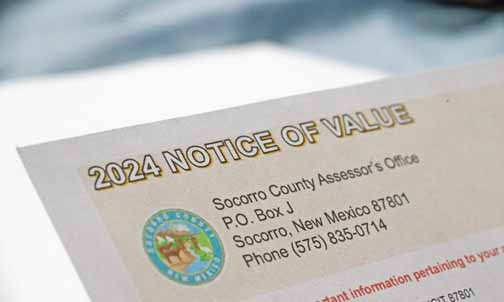
OK, I know I’m being a little smart-alecky here, but that’s how it seems sometimes when I’m someplace and see people together doing just that.
The temptation to check up on what other people are twittering about or seeing the latest funny dog picture is too great, I guess, and I’ve got to admit I’m prone to the same thing on occasion.
But you know what? Some people are actually reading books on their phones, and in this day and age, you can download just about any reading material into your device, including, dare I say it, the ones you’ll find on the list of books that have been banned at one time or another.
I guess these things are on my mind because we’re in the middle of Banned Books Week, usually observed in the last full week of September, and sponsored by the American Library Association and other organizations that support freedom of expression.
As I’ve mentioned before in this space, much of my youth was frittered away with my nose in a book, beginning with Edgar Rice Burrough’s “Tarzan of the Apes” all the way up to Steinbeck, Faulkner and Vonnegut, three authors who taught me much about the world, human nature and multisyllabic words (like multisyllabic).
Also, J.D. Salinger, whose novel “Catcher in the Rye” was considered contraband and not allowed on our school grounds. If one was caught reading it, a teacher would snatch it away, never to be seen (or read) again.
But I was determined to be corrupted and figured out a way to cut out the innards of a large hardbound copy of Bartlett’s Familiar Quotations just big enough to fit a paperback copy of “Catcher in the Rye” or “On the Road” inside.
Of course, that was also about the time everyone mistakenly thought the song “Louie Louie” by The Kingsmen was rife with profanity, promoting lewd teenage behavior. The local radio station wouldn’t even play it on the air.
I don’t know the words to “Louie Louie” (Louie Lou-eye, if you will) and I’m not sure the singer knew them either, but if he did know them he didn’t get them right on the record. They sound all mumbled, like “me think of me girl oh so constantly…
Ahmayaaah makaaaah aahh ooohoooh aaaaah.” That last part scared everybody from the PTA to the FBI, thinking it was nasty and vulgar.
In fact, after four months of investigation, the Federal Bureau of Investigation concluded that it could not be interpreted, that it was “unintelligible at any speed.”
Speaking of that, even completely innocent song lyrics are regularly misinterpreted, and without a Google lyric search, people will swear that Jefferson Starship is singing, “We built this city on sausage rolls … “ or Dire Straits, “Money for nothing and the chips for free …”
But I digress. When you look back to the middle part of the ‘60s, small-town schools were very strict about such things.
There were strict dress codes, strict boy-girl codes, and especially strict language codes. Foul language was never condoned, hence the banning at my school of the above-mentioned “Catcher in the Rye.”
There were no book burnings, per se, but records were another story. There was that one time when several radio stations across the South organized Beatles bonfires where albums, 45s, photos, and other Beatles memorabilia that would’ve been worth a lot of money today were tossed into the flames.
But as far as burning books goes, Ray Bradbury once said, “There are worse crimes than burning books. One of them is not reading them.”
Of course, he’s the one who wrote Fahrenheit 451, about a society that was much more concerned with watching television and instant gratification than reading, and ownership of a book was a criminal offense.
If you’re feeling particularly devil-may-care this week you might check out one of these banned books: “1984,” “The Great Gatsby,” “Huckleberry Finn,” “The Call of the Wild,” “Brave New World,” “The Grapes of Wrath,” “Moby Dick,” “To Kill A Mockingbird,” “The Scarlet Letter,” “Alice in Wonderland” and the Dictionary, or any of the dozens more.
Aside from profanity, sexual content, perceived racism, or religious convictions, the top reason for banning or challenging a book falls in the category of “Unsuitable For (X) Age Group,” which may be, I’ll admit, understandable for a school library.
For me and you, though, when you get down to it, in the words of Mark Twain, “Censorship is telling a man he can’t have a steak just because a baby can’t chew it.”
On the other hand, if a second grader can wade through “Look Homeward Angel” by Thomas Wolfe, I say more power to ‘em.
Now, can someone tell me the real words to “Louie Louie”?



















